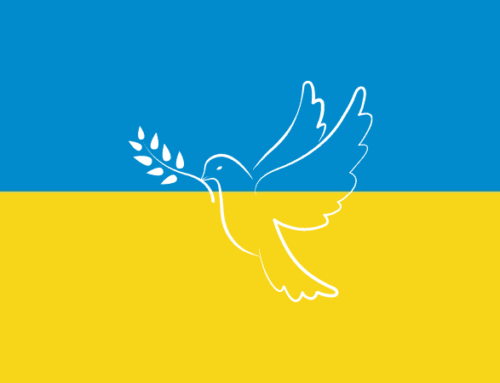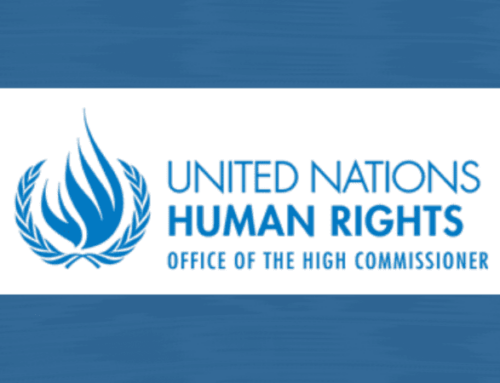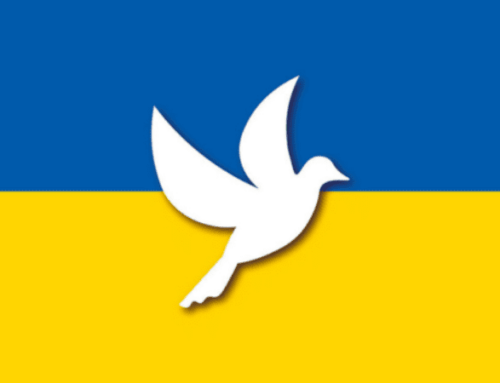Monitoring of the case of A. Melnik, A. Kryzhanovsky, I. Kunik (hearing on July 21, 2020)

On July 21, 22, 23, in the Gadyatsky District Court of the Poltava Region, a regular hearing was held in the case of the head of the “Vizit” TV company, Alexander Melnik, who is one of the three accused (together with A. Kryzhanovsky, I. Kunik) in the case of the murder of the mayor of Kremenchug A. Babayev and the judge of the Kremenchug court A. Lobodenko.
At these sessions, the court continued to examine the evidence of the defense on the alleged murder episode of the mayor of the city of Kremenchug A. Babayev.
The defense once again tried to draw the court’s attention to the fact that the pre-trial investigation body had not worked out the version of involvement in the murder of other persons.
On July 22, 2020, lawyer Lazorenko announced the decision of the Poltava Regional Council of July 14, 2017 on the appeal of the deputies to the High Council of Justice to dismiss the judge of the Kievsky District Court of Poltava Logvinova.
As indicated earlier in the reports of the ISHR in the case of A. Melnik and others, on 12 July 2017, judge Logvinova released the accused A. Melnik and A. Kryzhanovsky from custody. This decision led to an appeal to the High Council of Justice (HCJ) on the initiative of the first deputy head of the Poltava Regional Council E. Kholod. In public speeches, E. Kholod directly stated that the person who ordered the killings was the accused Alexander Melnik. Despite the fact that judge Logvinova also applied to the HCJ with a statement about pressure on her, it was the appeal of the first deputy head of the Poltava Regional Council that got the move, and the judge’s promotion to the Poltava Court of Appeal was suspended. Despite the decision of the HCJ, the International Society for Human Rights considers such actions to be contrary to the principle of justice, acknowledges that such measures taken against Judge Logvinova due to the change in the measure of restraint (which did not entail any negative consequences – the accused have never violated the obligations under the house arrest regime) may be the reason for the automatic extension of an exceptional measure of restraint in the form of detention in custody by the Gadyatsky District Court, contrary to the decisions of the European Court of Human Rights.
By the decision of the Avtozavodsky District Court of Kremenchug, the information indicated in the appeal of the deputies of the Poltava Regional Council was recognized as unreliable.
Let us also recall that the defense argued that it was the first deputy head of the Poltava Regional Council, E. Kholod, who had significant debts to Mayor Babayev before his murder. In addition, the defense directly speaks about the possible seizure of property of the mayor Babayev by E.M. Kholod, they indicate who and under what circumstances carried out these schemes, the implementation of which began shortly before Babayev’s death and continued after the murder.
The ECtHR has repeatedly drawn attention to the inadmissibility of statements by public figures who violate the presumption of innocence.
The ECtHR’s sustainable approach to the right to the presumption of innocence is that a violation of this provision will occur if a judgment or statement by an official against a person accused of a criminal offense reflects an opinion of his guilt before it is proven according to the law. It is enough to have, even in the absence of any formal opinion, certain grounds to assume that the court or the official considers the accused guilty. It is essential to distinguish between a message that someone is simply suspected of committing a crime and a clear statement that a person has committed a crime, made in the absence of a final judgment. The court has repeatedly emphasized the importance of the choice of words by officials in their speeches, if they make their statements public before the trial and conviction of a person for a certain crime. The question of whether a statement by a public official violates the principle of the presumption of innocence should be determined in the context of the particular circumstances in which the impugned statement was made (para. 48 “Dovzhenko v. Ukraine”).
The court, without indicating the reasons, refused to accept these documents as inappropriate. The court considers that the facts in these documents are not included in the subject of proving the alleged crime. It should be noted that the violation of the presumption of innocence of the accused Melnik has already taken place in the same criminal process (which was also previously indicated in the reports of the ISHR).
The ECtHR has repeatedly drawn the attention of national courts to the necessary and sufficient substantiation of its decisions.
In paragraph 50 of the ECtHR judgment “Krasulya v. Russia”, the court reiterates that while Article 6 of the Convention guarantees the right to a fair trial, it does not lay down any rules on the admissibility of evidence or how it should be assessed, which is therefore a central issue for regulation by national law and national courts. However, for the proceedings to be fair, as required by para. 1 of Article 6, the “tribunal” must conduct a proper examination of the arguments and evidence presented by the parties, without prejudice to its assessment of whether they are relevant to its decision. Para. 1 of Article 6 of the Convention obliges the courts to substantiate their decisions but cannot be considered as requiring a detailed answer to every argument. The question of whether the court has failed to comply with the obligation to state the reasons arising from Article 6 of the Convention can only be decided in the light of the circumstances of the case.
The ISHR observer notes the complete absence of visible motives for issuing a determination to refuse to accept evidence.
It should be noted that the International Society for Human Rights asked the court to video broadcast the court hearings on July 22, 23, 24, 2020. The Gadyatsky District Court provided the broadcast, in connection with which the International Society for Human Rights is grateful for the openness of the court for the human rights community.
The next court session is scheduled for July 27, 2020. The International Society for Human Rights will continue to monitor this trial.








Leave A Comment